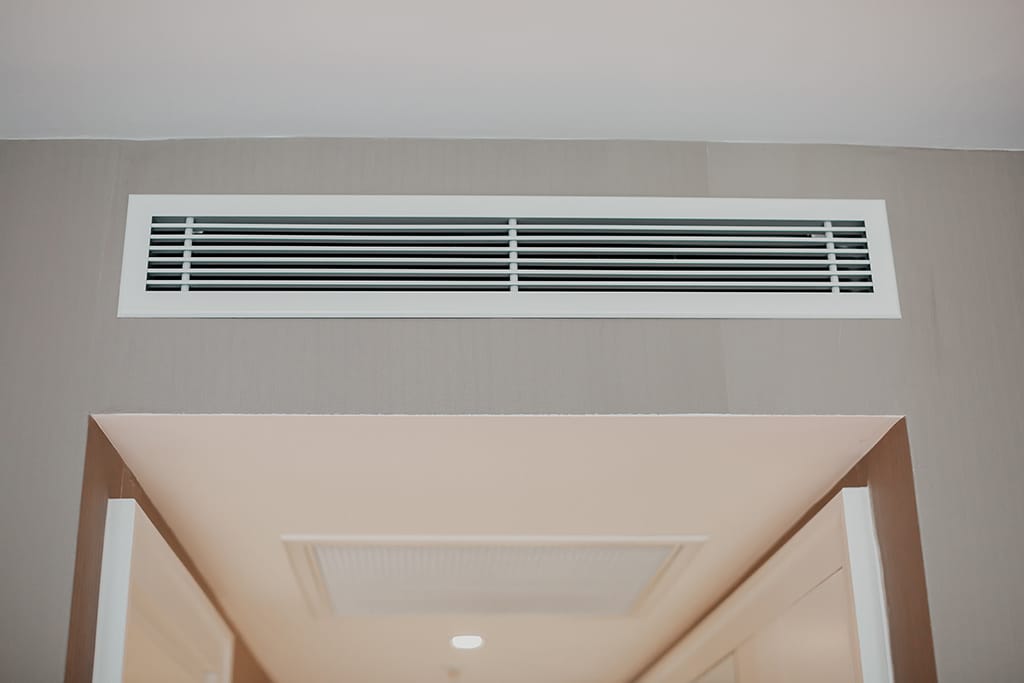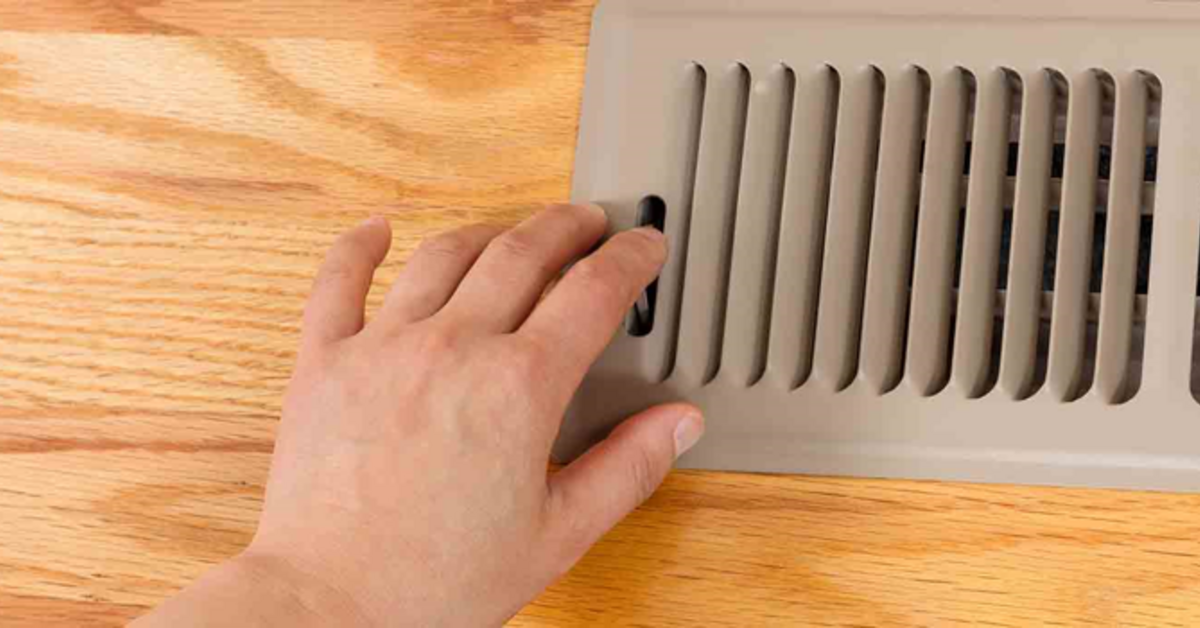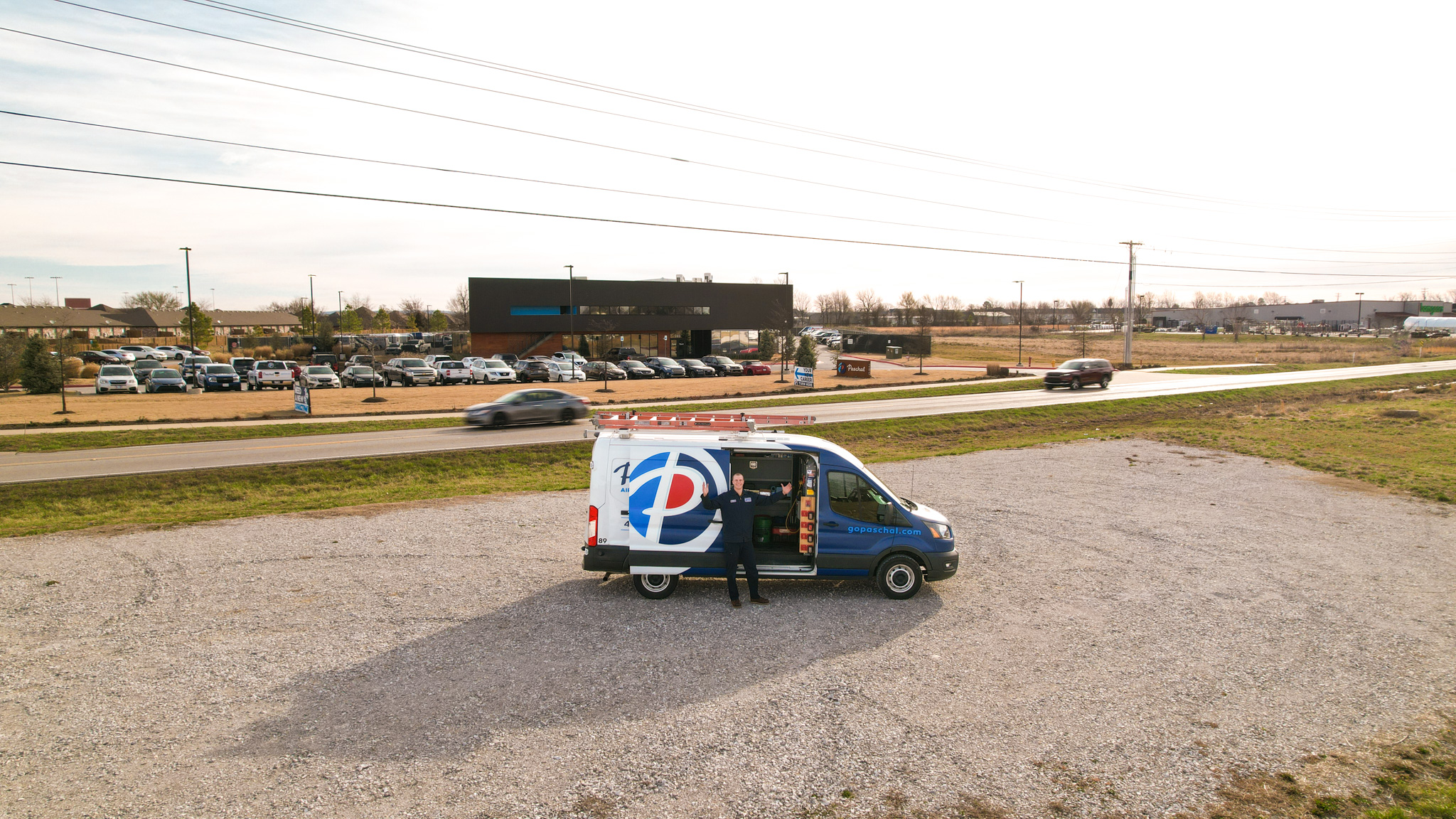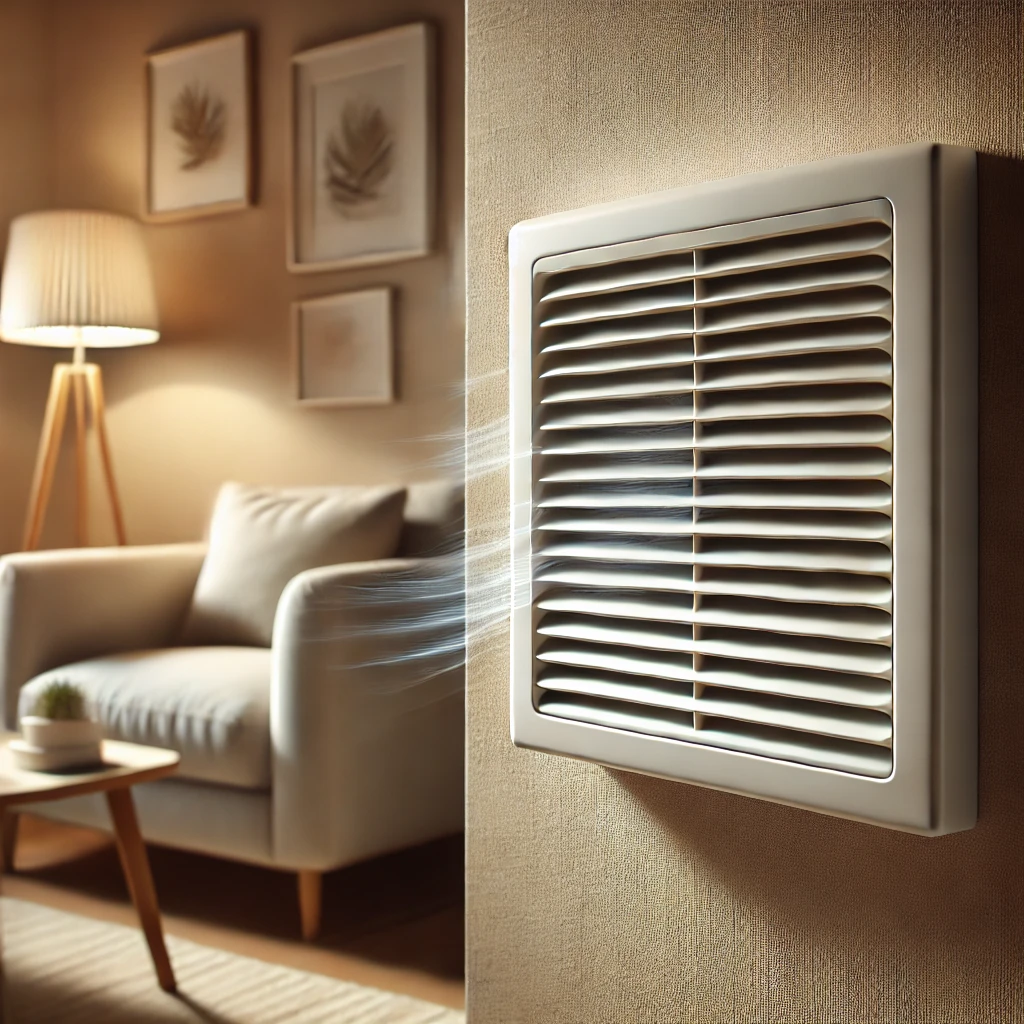When it comes to maintaining comfort in your home, your HVAC system plays a crucial role. But what happens when you try to control the airflow in different rooms by closing vents? Many homeowners believe that closing vents in unused rooms can help redirect air to other parts of the house, potentially saving energy and improving comfort. However, the reality is more complex. In this article, we will explore whether closing vents truly redirects air and the potential consequences for your HVAC system.

The Common Belief: Redirecting Air by Closing Vents
The idea behind closing vents is simple: if air isn’t needed in one room, why not close the vent and force that air to another room where it’s needed more? On the surface, this seems like a logical way to improve airflow and efficiency. Unfortunately, HVAC systems don’t operate in such a straightforward manner.
How Your HVAC System is Designed
Your HVAC system is designed to heat or cool your entire home based on its size and the layout of your ductwork. The system’s blower motor is calibrated to move a specific amount of air (measured in cubic feet per minute, or CFM) throughout the house. When you close a vent, you’re altering the pressure balance within the ductwork, which can have several unintended consequences.
The Reality: Why Closing Vents Doesn’t Work as Intended
Increased Pressure in the Ductwork
When you close vents, you increase the air pressure in the ductwork. This heightened pressure can cause leaks in the ducts, as they are not designed to handle the increased strain. Even small leaks can lead to a significant loss of conditioned air, which means your HVAC system has to work harder to maintain the desired temperature, ultimately reducing efficiency.
Strain on the Blower Motor
The blower motor in your HVAC system is designed to operate within a specific pressure range. Closing vents forces the motor to work harder against the increased pressure, which can cause it to overheat and wear out prematurely. In some cases, this can lead to costly repairs or the need for a full replacement of the blower motor.
Reduced Efficiency and Higher Energy Bills
Contrary to popular belief, closing vents does not save energy. In fact, it can have the opposite effect. As your HVAC system struggles to distribute air through the restricted ductwork, it consumes more energy to maintain the desired temperature. This increased energy consumption can lead to higher utility bills over time.
Uneven Heating and Cooling
One of the most common complaints from homeowners who close vents is uneven heating and cooling throughout the house. Since your HVAC system is designed to distribute air evenly, closing vents disrupts this balance. As a result, you may find that some rooms become too hot or too cold, leading to discomfort and frustration.

Potential Damage to Your HVAC System
In addition to the efficiency issues, closing vents can lead to significant damage to your HVAC system. Over time, the increased strain on the blower motor and the pressure imbalances can cause components to fail prematurely. This can result in expensive repairs or even the need to replace your entire system sooner than expected.
Better Alternatives to Improve Airflow and Comfort
Instead of closing vents, consider these more effective methods to improve airflow and comfort in your home:
1. Use Zoning Systems
- Zoning systems allow you to control the temperature in different areas of your home independently. By using dampers within the ductwork, you can direct airflow where it’s needed without overloading the system.
2. Install a Variable Speed Blower
- A variable speed blower motor can adjust its speed based on the needs of your home. This allows for more efficient operation and better control of airflow, reducing the risk of pressure imbalances.
3. Regular HVAC Maintenance
- Ensuring that your HVAC system is well-maintained is key to optimal performance. Regular maintenance, including cleaning and inspecting ducts, can help prevent issues like leaks and blockages that affect airflow.
4. Upgrade Your Insulation
- Improving your home’s insulation can help maintain a consistent temperature, reducing the need for your HVAC system to work harder. Proper insulation keeps conditioned air where it belongs, leading to increased comfort and energy savings.
5. Seal Duct Leaks
- If you suspect that your ductwork has leaks, have them sealed by a professional. Sealing leaks can significantly improve the efficiency of your HVAC system by ensuring that all the air reaches its intended destination.
Conclusion: Closing Vents Isn’t the Solution
While it may seem like a good idea to close vents in unused rooms to redirect air, this approach can cause more harm than good. From increased pressure in the ductwork to potential damage to your HVAC system, the risks outweigh any perceived benefits. Instead, focus on more effective strategies like zoning systems, variable speed blowers, and regular maintenance to improve comfort and efficiency in your home.
At Paschal Air, Plumbing & Electric, we understand the importance of a well-functioning HVAC system. If you’re experiencing issues with airflow or uneven temperatures, our team of experts is here to help. Contact us today to schedule a consultation and learn more about how we can optimize your home’s heating and cooling system for maximum comfort and efficiency.


